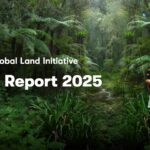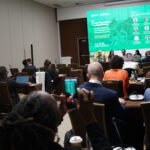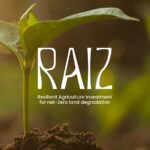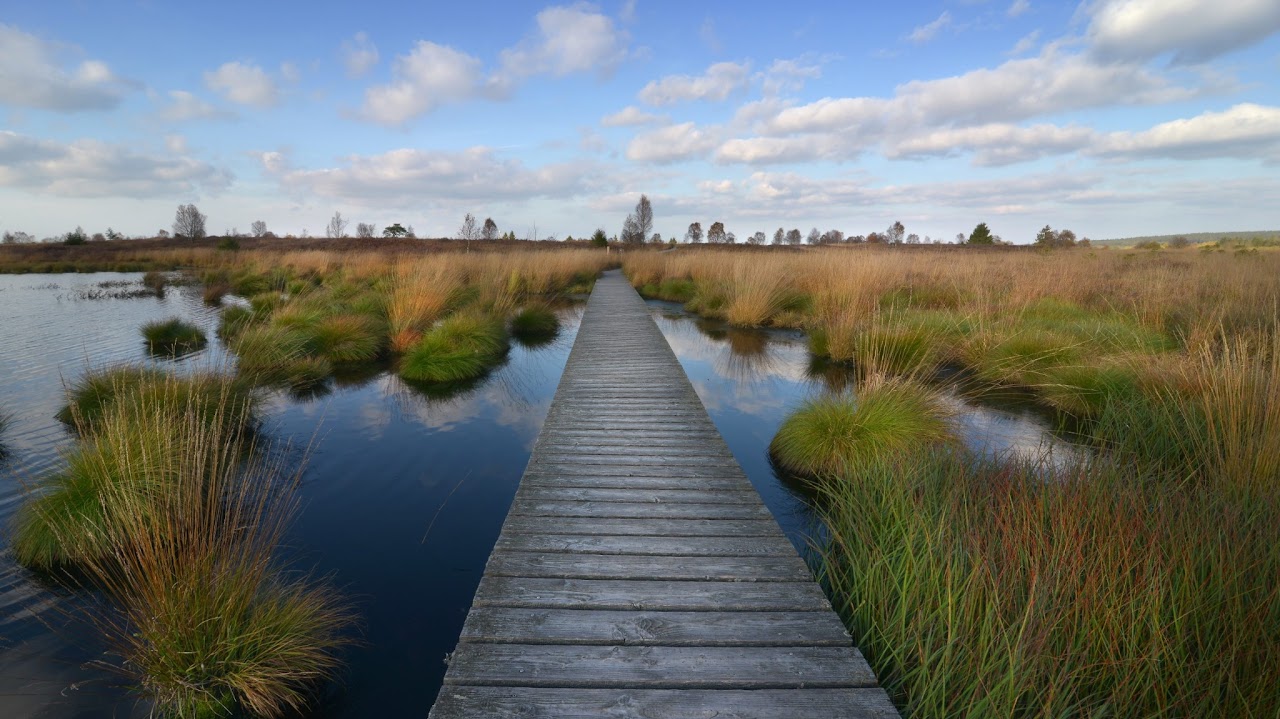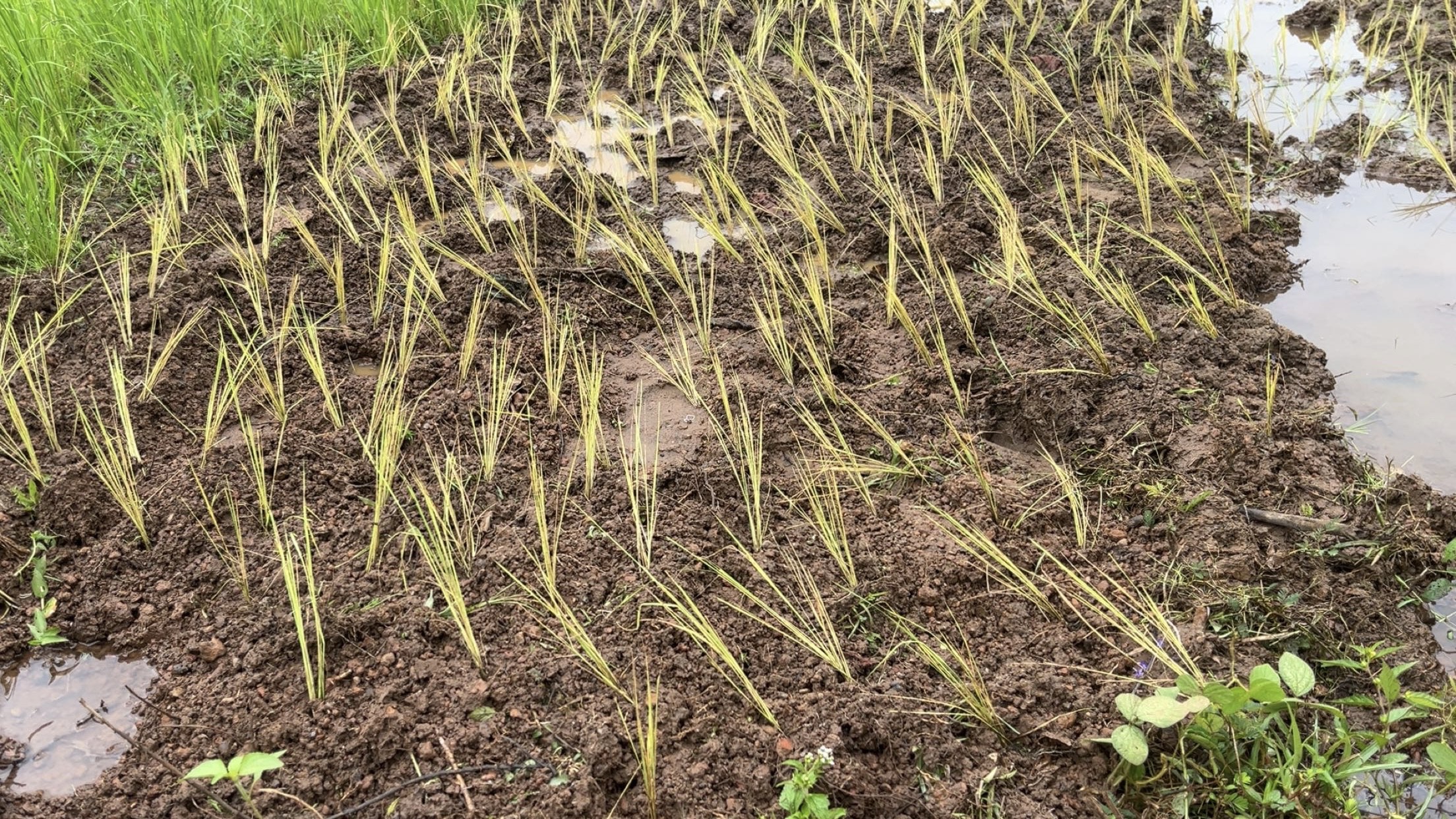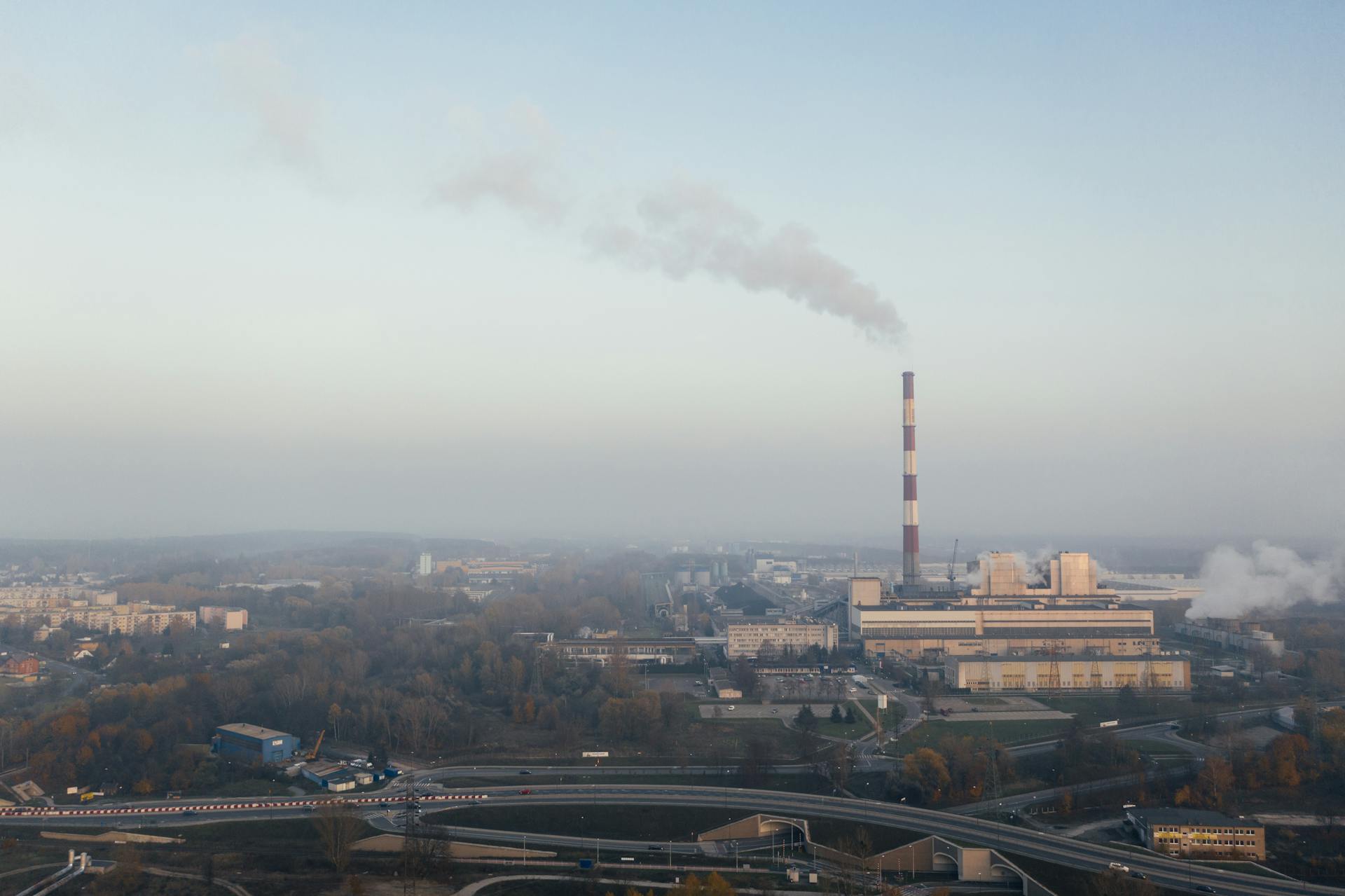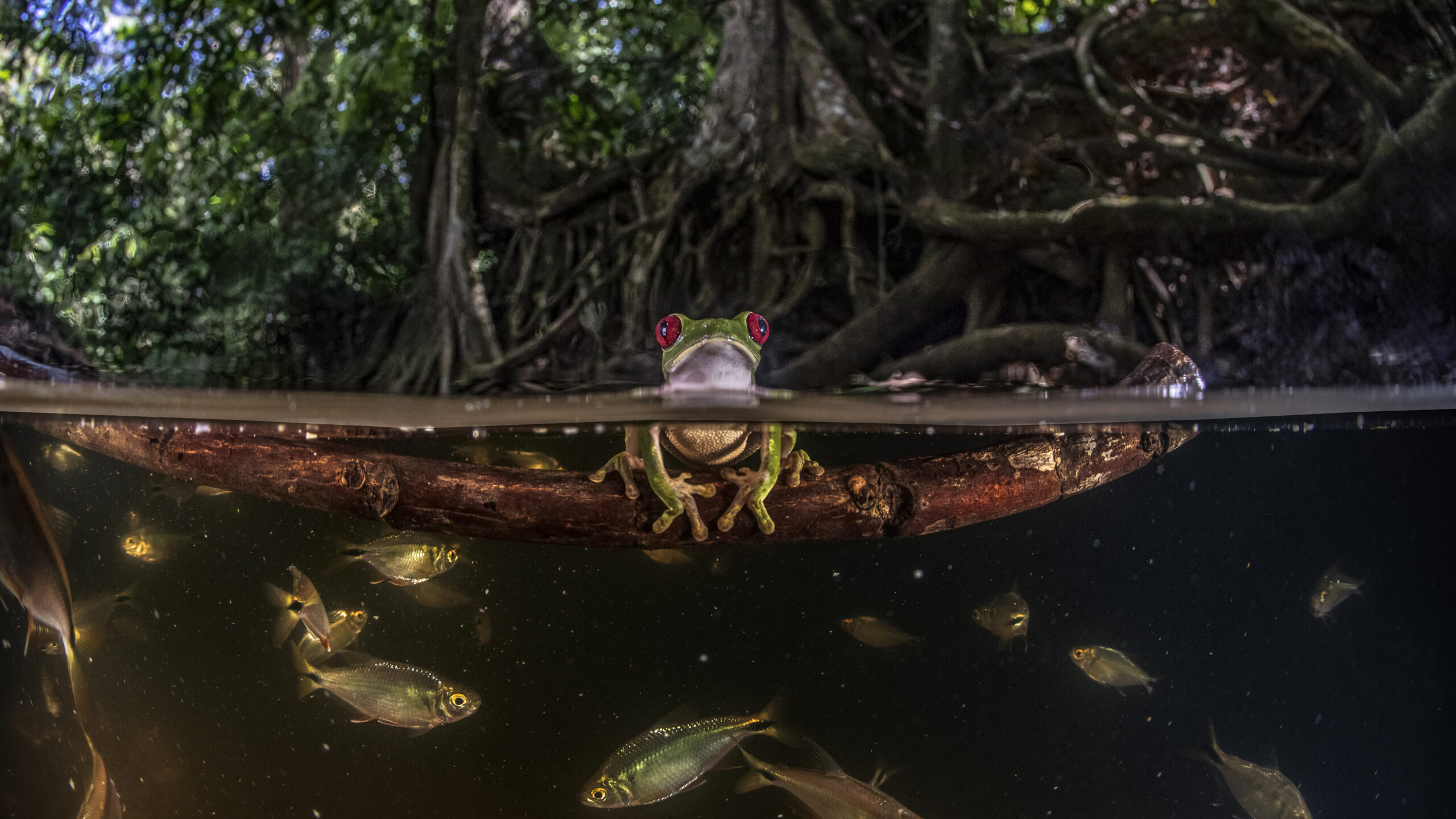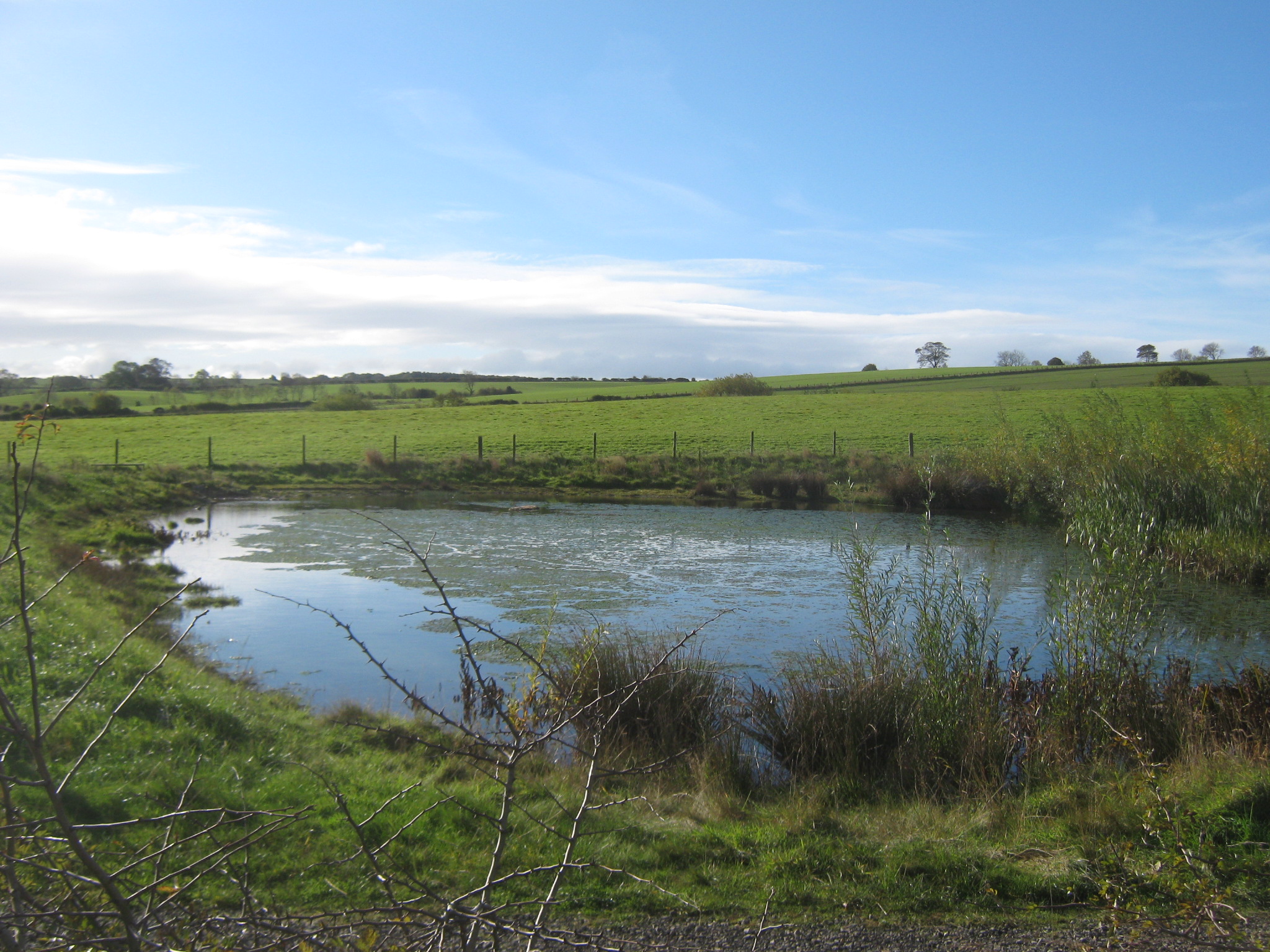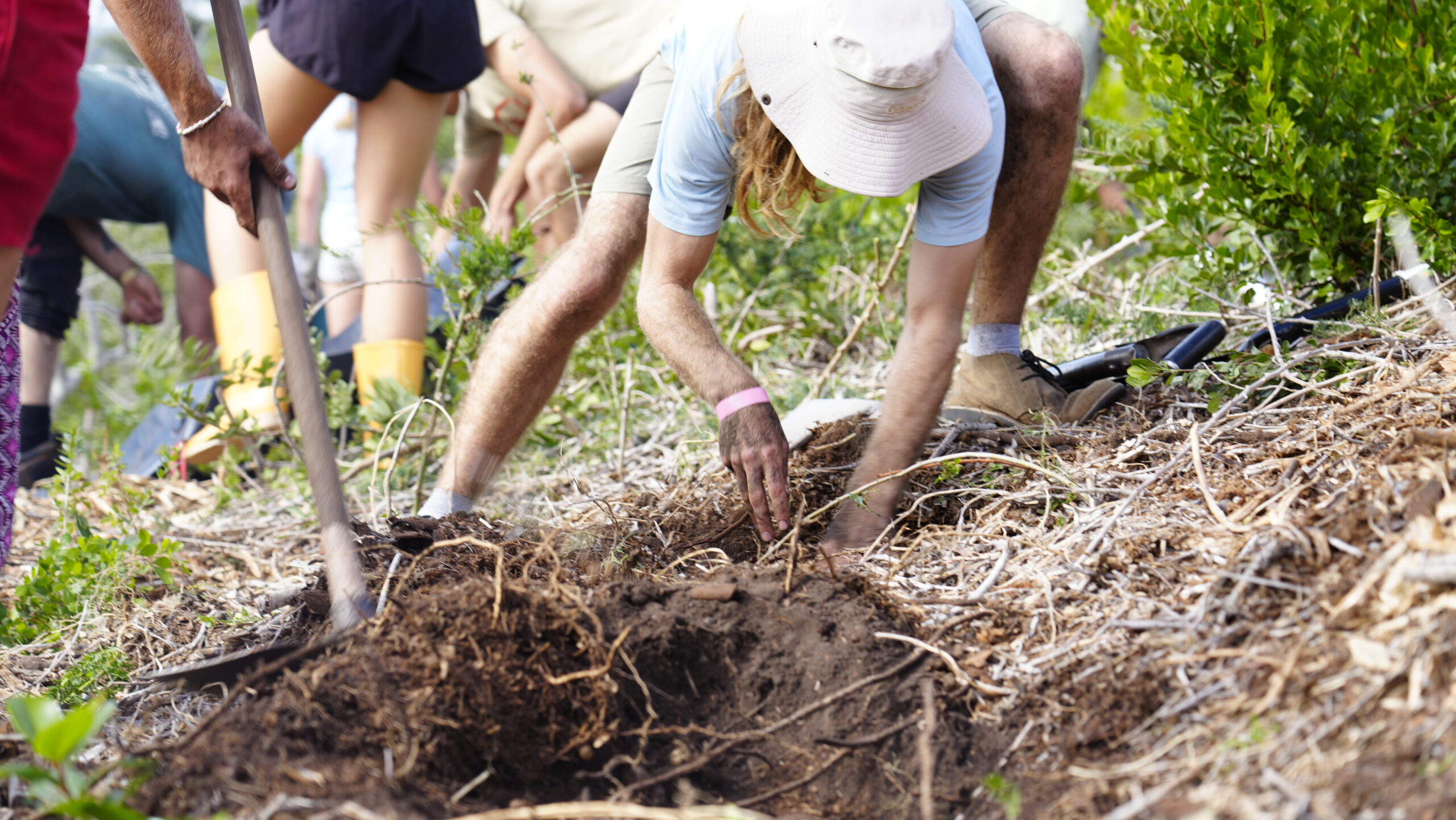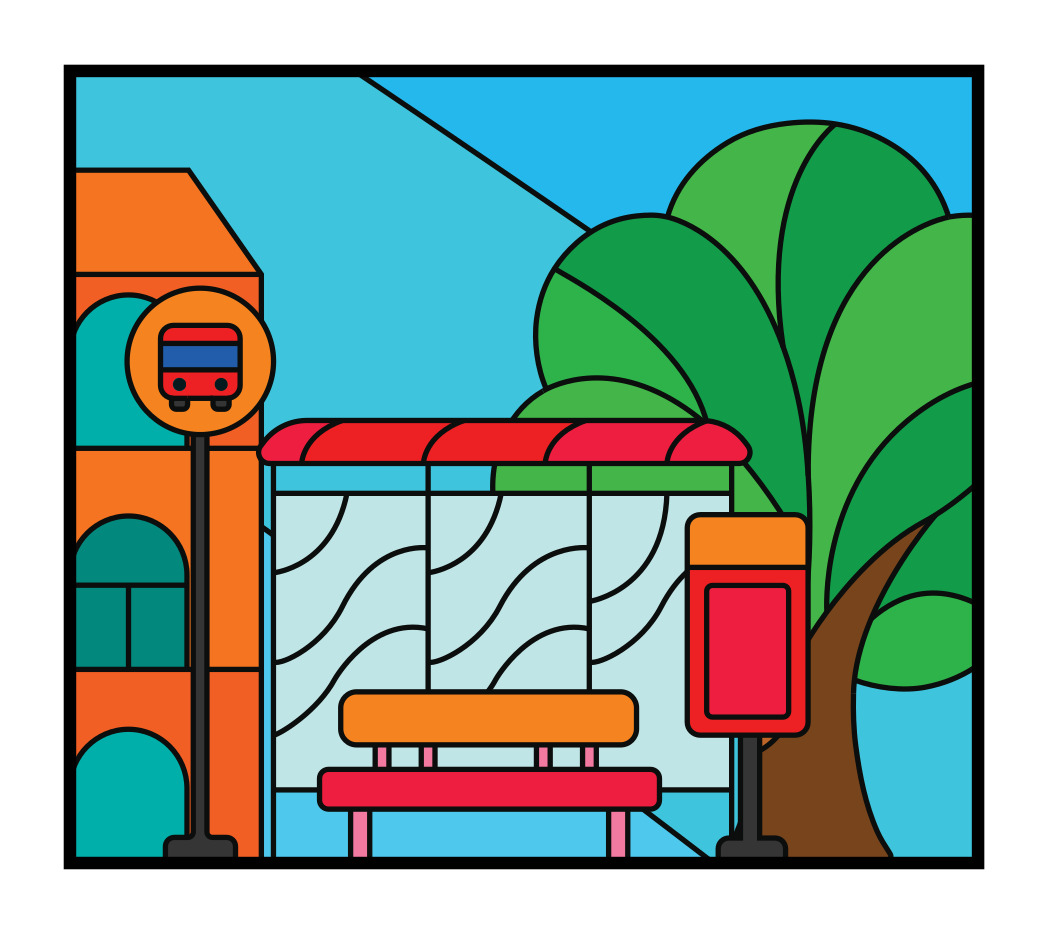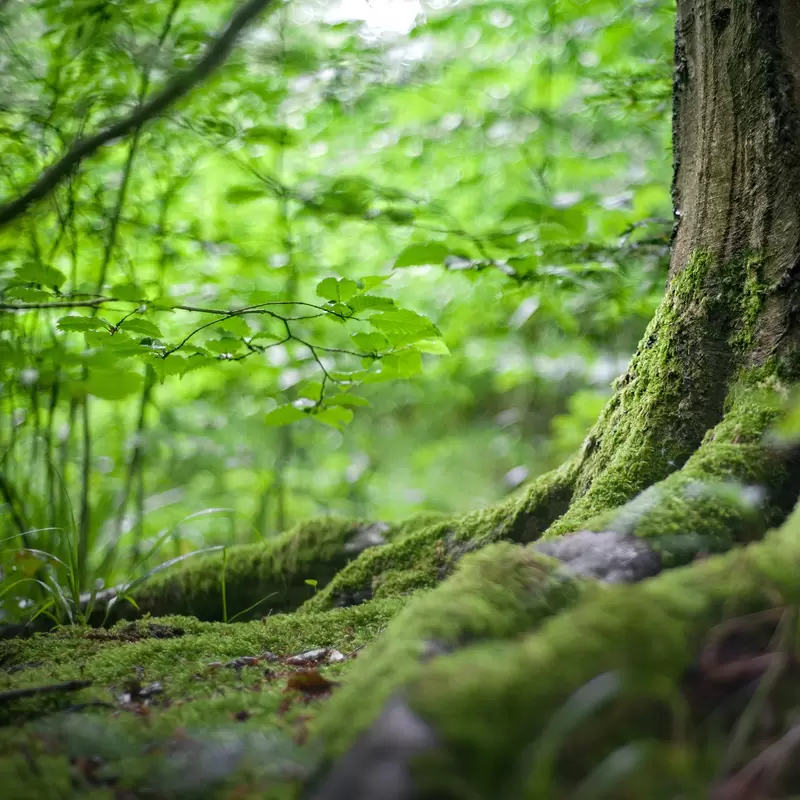Brazil’s Next Social Impact Agenda is in the land restoration economy
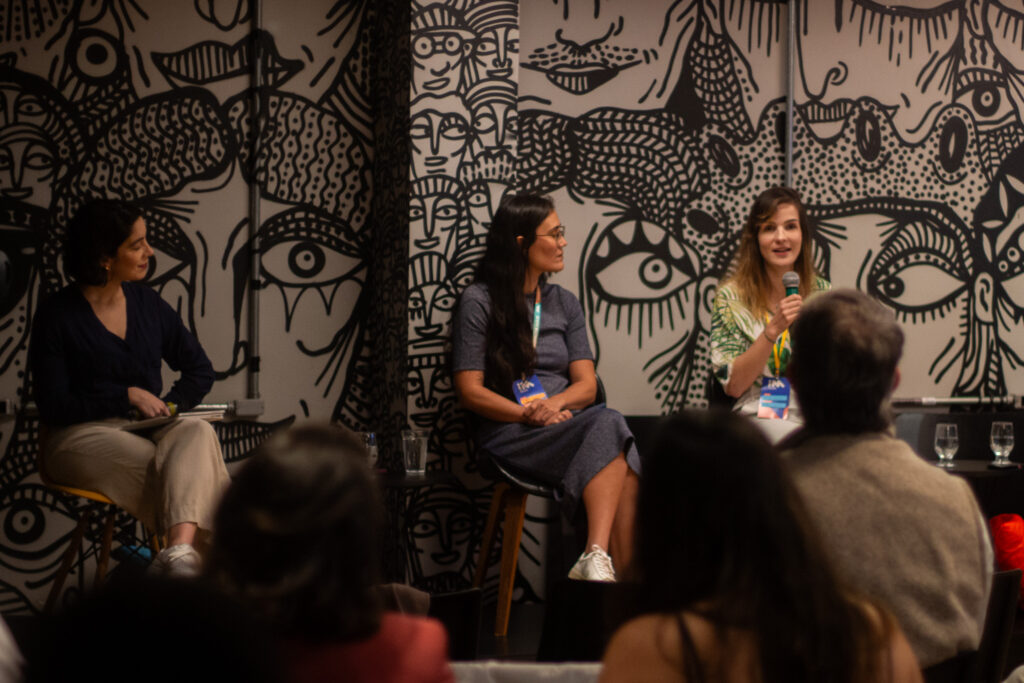
Photo credit: UNCCD/G20 Global Land Initiative
“The restoration sector is about creating jobs where restoration happens, supported by a value chain that includes both small and large players,” Caio Franco, MOMBAK’s Head of Public Policy said in his remarks at the Impacta Mais Talk Event – Land Restoration, held by Impact Hub São Paulo in São Paulo in September 2025.
The Impacta Mais Talks (IM Talks) series is a national platform in Brazil that brings together entrepreneurs, investors and innovators to discuss how impact businesses can drive social and environmental transformation.
For the first time, MOMBAK, one of Brazil’s leading startup and impact-business communities was opening the stage to land restoration as a driver of social innovation and new markets.
MOMBAK is one of Brazil’s largest restoration companies and startups, which has already raised USD 120 million and acquired 20,000 hectares for land restoration in Pará in the Amazon region.
Franco’s statement was a highlight of the IM Talks – Restauração da Terra (Land restoration) hosted by Impact Hub São Paulo.
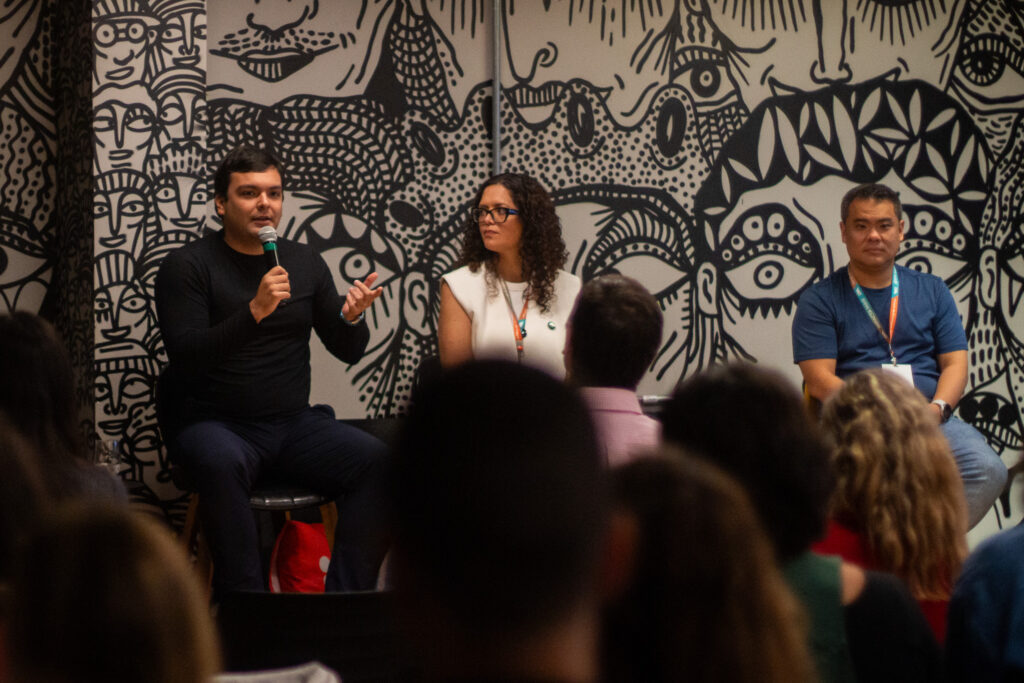
Photo credit: UNCCD/G20 Global Land Initiative
Brazil is a global driver in restoration and has made ambitious commitments on the climate change and reducing land degradation goals.
Under its Nationally Determined Contributions (NDCs), for instance, Brazil pledged to restore and reforest 12 million hectares of forests by 2030. These are not mere numbers on paper; they are opportunities to reshape markets, livelihoods and innovation.
Restoration as a connector
On 11 September 2025, the vision of land restoration as a driver of social innovation and new markets took center stage at another event also in São Paulo, Brazil. More than 150 participants, onsite and online, gathered to explore how restoration can connect climate, biodiversity, water, food and technology.
The audience reflected a vibrant mix of startups, ecopreneurs, investors and representatives of larger companies seeking to understand their role in this growing ecosystem.
The opening session, with Paula Padrino Vilela, from UNCCD’s G20 Global Land Initiative (G20 GLI), framed restoration as both an economic and social driver.
The first panel brought together voices from across the spectrum of the restoration economy, such as international initiatives and social impact start-up business: Catharina Vale (G20 GLI), Thiago Augusto Terada (Genera Bioeconomia) and Caio Franco (MOMBAK).
The speakers explained that restoration is not only about recovering degraded lands. It is also about building connections between sectors and scaling solutions that touch everything from food systems to technology, making events of this type valuable for both speakers and participants.
The exchange demonstrated how land restoration engages a wide array of actors, from agronomists, lawyers and engineers, to ecopreneurs, seed collectors and technology developers. Ultimately, restoration is about building networks of support, not competition.
Restoration as an engine for a new economy
The subsequent panel pushed this discussion further.
With Iara Basso (Partnerships for Forests / Palladium), Ana Júlia Ferreira (RADIX Investimentos Florestais), and Renato Ximenes de Melo (XiCa Advogados and Nativas Brasil), the conversation turned to investment, entrepreneurship and the legal frameworks shaping restoration.
Ana Júlia, a young ecopreneur and one of the participants selected for the G20 GLI’s capacity-building program organized jointly with Instituto Terra in Brazil, shared her company’s (RADIX) experience with crowdfunding as a mechanism to support a reforestation business in the Amazon rainforest. Her conclusion? Community building is crucial in this sector.
A collective agenda
As the G20 Global Land Initiative / UNCCD continues to engage with partners in Brazil, IM Talks demonstrated that restoration can and should be embraced as a social impact agenda. It is about jobs, livelihoods, biodiversity, climate action and inclusive economic growth.
Brazil is showing that restoration is a business opportunity that belongs to everyone. From startups in São Paulo to seed collectors in the Caatinga, restoration is not a niche market but a new market frontier. It is where innovation meets community, where seed networks led by women and traditional communities meet cutting-edge technologies, such as Artificial Intelligence. It is where Brazil’s NDCs targets intersect with the everyday lives of people who depend on the land.
